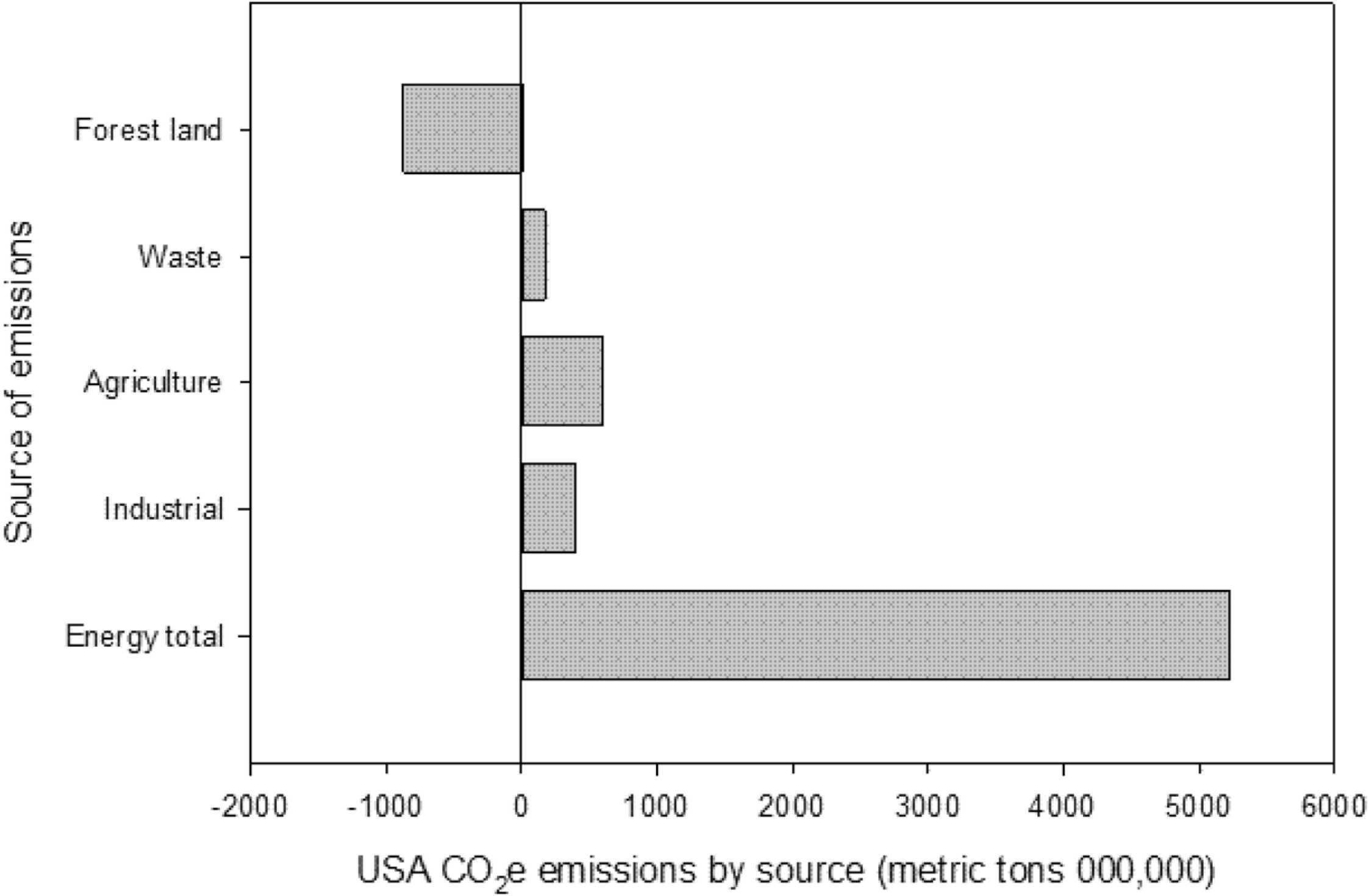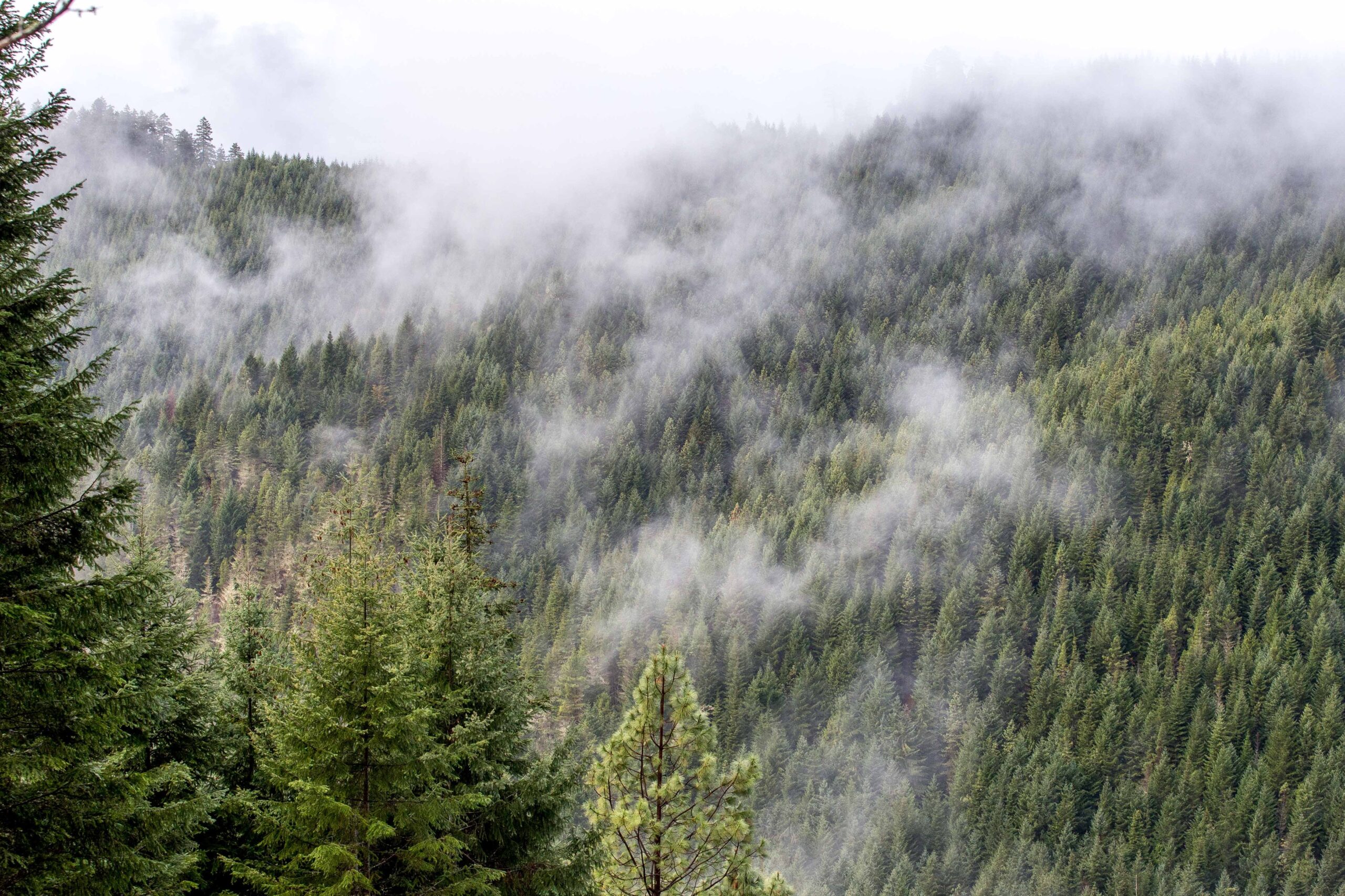As concerns about climate change grow, many have looked to forests as a possible solution. Trees naturally absorb carbon dioxide from the air, and efforts to store more carbon in forests have been promoted as “nature-based” climate solutions. In fact, it is common for mainstream media outlets to promote these activities as having an outsized effect on net carbon emissions. However, a recent paper suggests that while these strategies can offer some benefits, they shouldn’t distract from the most important action we need to take: cutting fossil fuel emissions. The author argues that carbon stored in forests is temporary and efforts to increase carbon storage in forests generally do not offset permanent carbon emission from burning fossil fuel.
 The paper emphasizes that burning fossil fuels—coal, oil and natural gas—is by far the largest source of greenhouse gases caused by humans. This carbon comes from deep underground and wouldn’t enter the atmosphere without human activity. In contrast, forests and soils store carbon that’s already part of Earth’s natural carbon cycle, and is released back into the atmosphere easily, especially during wildfires, storms, or droughts. The researcher says relying too much on forest carbon storage could give people a false sense of progress while fossil fuel use continues unchecked.
The paper emphasizes that burning fossil fuels—coal, oil and natural gas—is by far the largest source of greenhouse gases caused by humans. This carbon comes from deep underground and wouldn’t enter the atmosphere without human activity. In contrast, forests and soils store carbon that’s already part of Earth’s natural carbon cycle, and is released back into the atmosphere easily, especially during wildfires, storms, or droughts. The researcher says relying too much on forest carbon storage could give people a false sense of progress while fossil fuel use continues unchecked.
The paper also takes a closer look at carbon offset programs—where companies or individuals pay to “cancel out” their emissions by funding forest conservation. These programs sound good on paper but often fail in practice. In fact, one study found that forestry projects only account for a small percentage of carbon offset projects, and improved forest management carbon offset programs were found to have no direct effect on net carbon emissions. Even well-managed forests are vulnerable to natural disasters, making it hard to guarantee long-term carbon storage. And if forest conservation in one area leads to more increased forest harvest elsewhere to meet global wood demand, overall emissions may not go down at all—a problem known as “leakage.”
Despite these concerns, the author says forest management still has a role to play. Forests can provide sustainable resources, improve wildlife habitat and help ecosystems become more resilient to climate change. But using forests as a carbon storage solution should be seen as temporary support, not a replacement for cutting fossil fuel use. The takeaway? Nature-based solutions like forest conservation are helpful, but only if they’re paired with bold action to reduce emissions from fossil fuels—the real root of the climate crisis.

